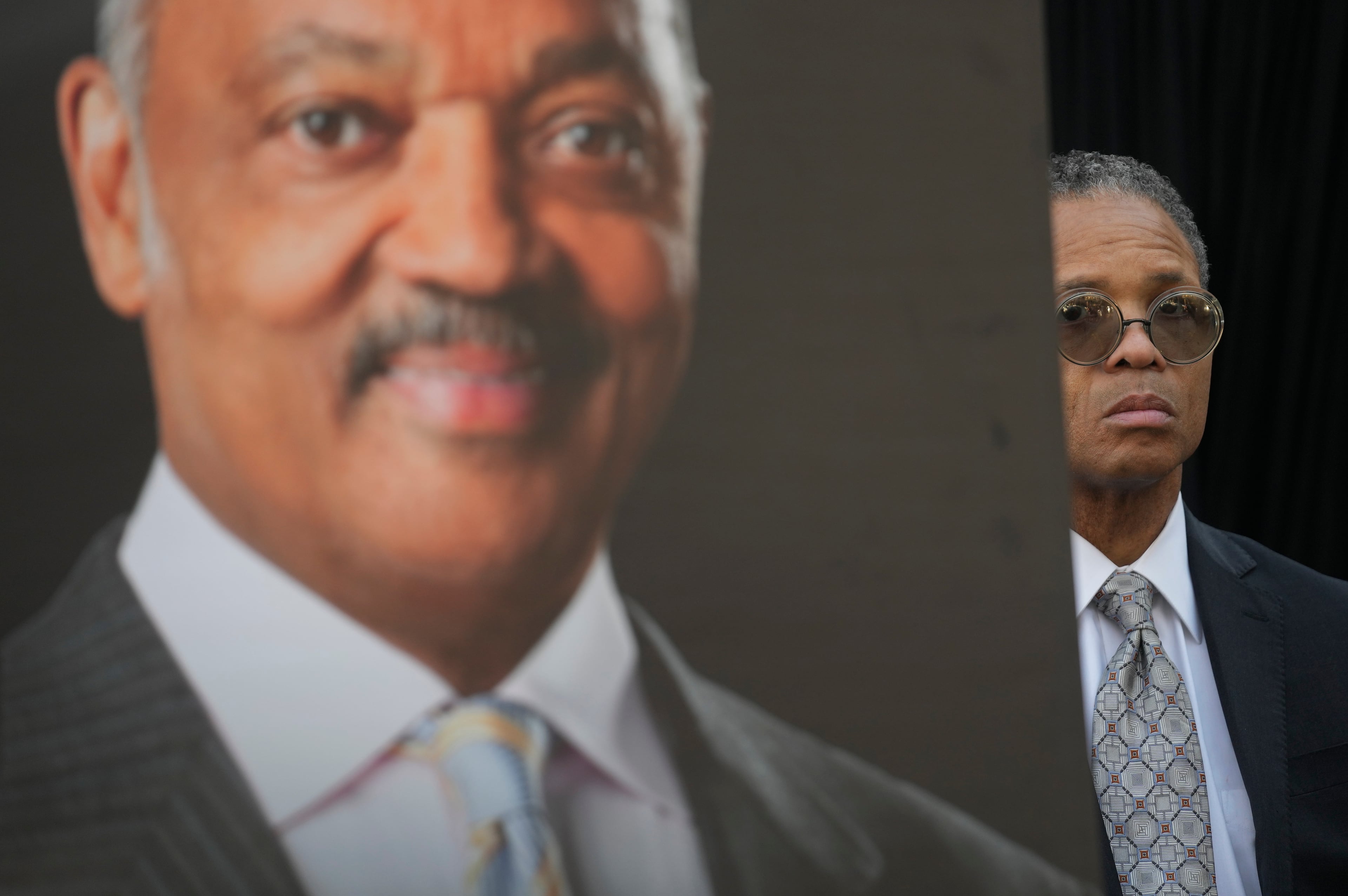EXCLUSIVE: King Center embarks on $100 million reinvention plan

It is early, but King Week 2029 is going to be huge.
That would be the 100th anniversary of the birth of Rev. Martin Luther King Jr., and to mark it the King Center is embarking on its most ambitious project ever.
In an exclusive interview with The Atlanta Journal-Constitution, King Center CEO Bernice King said the center is in the silent phase of a five-year, $100 million capital campaign to build a new state-of-the-art facility, which she says will completely change the course of the center while elevating the legacies of Martin Luther King Jr. and Coretta Scott King.

“King 100: The Official Centennial Celebrations of MLK and CSK,” will include a phased series of global activations from 2025 to 2029 that will embrace what Bernice King called the “timeless and inspirational legacies” of her parents.
Hoping to culminate by January 2029, King said that year’s King Day celebration will center around a massive global concert event that will feature artists and speakers from around the world.
“I’m excited because this gives us an opportunity to create an experience for a new generation,” Bernice King said.
“We’re getting further and further away from the period that my parents did their work. I have to leave something behind for [future generations] to be able to connect to and relate to, so that the momentum of what that movement represented can continue.”

King Jr. would have turned 100 on Jan. 15, 2029. His wife, Coretta Scott King, would have turned 100 in 2027. The planned 2029 event will honor both of their centennial birthdays.
The idea of the Rev. Martin Luther King Jr. Center for Nonviolent Social Change came from Coretta Scott King’s desire to carry forth her husband’s work. She founded it in her basement in June 1968, two months after King’s assassination.
In 1970 on the current site, the crypt of King Jr. became the centerpiece of what would be the Auburn Avenue facility after being relocated from South-View Cemetery. The reflecting pool surrounding the crypt came in 1977, followed in 1978 by the Freedom Walkway.
In 1981, the administration building was built and in 1982, Freedom Hall, which includes an auditorium, bookstore, and exhibit space, opened.

Bernice King said the aging facility, which more than 500,000 tourists visit annually, needs to be re-imagined into something more engaging, relevant, and accessible for a new century. She said more people visit the site in person than online, a trend she wants to reverse as the center expands its global reach.
She said immersive technologies, including virtual reality, augmented and mixed reality, holograms and interactive exhibits will blend with traditional exhibits on the new campus.
Existing features of The King Center, including the crypt, administrative offices, its theater, advanced archives, bookstore and meeting spaces will be incorporated into the new vision of the property.
“We want to ensure we are creating an experience for people as an institution, because we receive so many visitors who are coming because of the inspiration of my father, his work, his words and my parents continuing that legacy,” Bernice King said.
“There is no place currently in the United States, or across the world, where you can encounter an immersive experience on the leadership of Dr. and Mrs. King.”

The King Center’s plans come at a time when several museums and attractions across the city and repositioning themselves post-pandemic.
The National Park Service is pumping millions of dollars into the infrastructure of the Martin Luther King Jr. National Historical Park to make significant changes while restoring, preserving and adding to its historical context. The Rev. Martin Luther King Jr. Birth Home will be closed for at least two years for a complete rehab, followed by the closing of the park’s visitor center.
Later this year the park’s visitor center, which had 400,000 visitors in 2019, will close to install new restrooms, receive HVAC system upgrades, and address roof, flooring and water issues.
In downtown Atlanta, the Center for Civil and Human Rights is in the midst of a $56 million expansion and renovation plan expected to double the size of the 10-year-old museum, while expanding its mission and focus.
Bernice King said architectural proposals will be going out soon.
“This is an important effort for our city, state and nation,” Bernice King said.
“My mother was intentional when she started that this would not just be some dead memorial where people just come and pay their respects at their final resting place, but there would be vibrancy. And now with new technologies, we can do so many things.”


